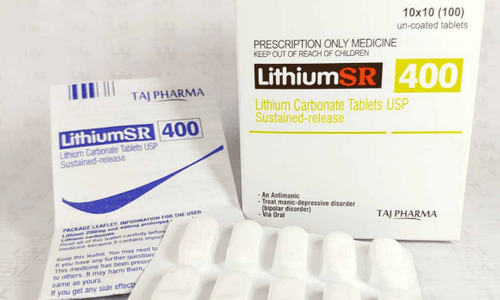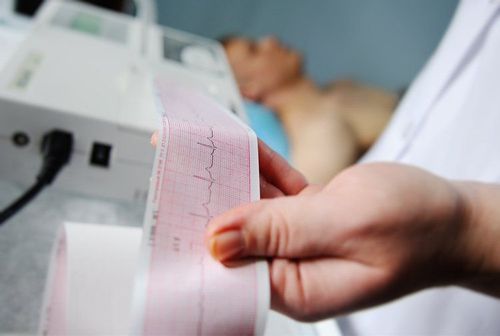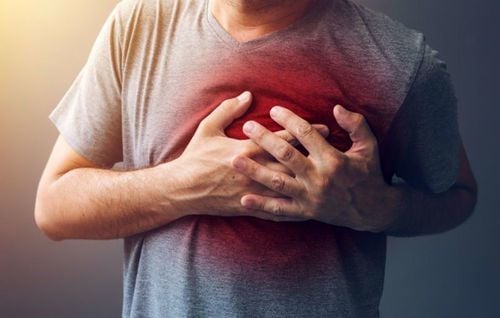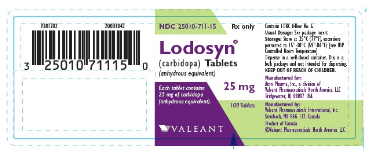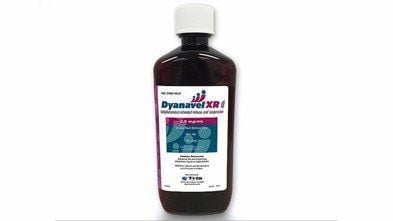This is an automatically translated article.
Panic attacks refer to panic attacks that cause you to naturally tremble, have trouble breathing, have a fast heartbeat or even have negative thoughts. So what is a panic attack that can affect both physically and mentally?
1. What is a panic attack?
Panic attack is a panic attack that occurs suddenly when there is no obvious threat or danger present. In some cases, you may confuse the symptoms of a panic attack with those of a heart attack.
If left untreated, a panic attack will make you afraid of public places due to recurring panic attacks in these places. This could be a sign that you have a panic disorder. Some telltale signs you may have a panic disorder are:
You experience panic attacks frequently. You have to change your lifestyle or behavior out of fear of having another panic attack. You have a nagging fear that you might have another panic attack. A panic attack activates the sympathetic nervous system, leading to a "fight or flight" response known as the "fight or flight response". Symptoms of this condition may come on gradually and peak after about 10 minutes. You may experience one or more of the following:
Tremors Shortness of breath Hot flashes Chills Shortness of breath Difficulty swallowing Chest pain Nausea Stomach pain Sweating Shortness of breath Fast heartbeat Tingling or numbness Colds feel like fainting Feel like death is coming to you These panic attacks are not life-threatening but have similar symptoms to other serious conditions such as a heart attack. If you experience the above symptoms, see your doctor as soon as possible to rule out the possibility of dangerous diseases.
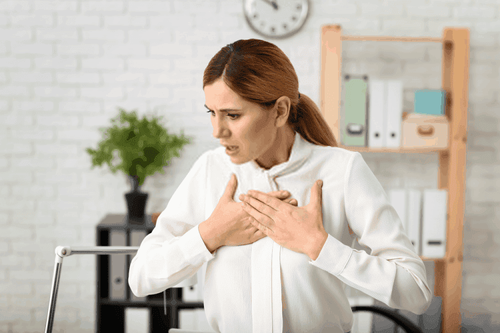
Giải đáp panic attack là gì?
2. What causes panic attacks?
The exact cause of panic attacks is still unclear. In some cases, panic attacks are related to an underlying mental health condition such as:
Panic disorder. Fear of large spaces or other fears. Generalized anxiety disorder. Obsessive-compulsive disorder. Post-traumatic stress disorder. Stress can also contribute to panic attacks. In addition, you are also more susceptible to panic attacks if the following factors are present:
Loss of a loved one. Was abused as a child. Having a family member also has panic attacks. Going through a major life change is like having a baby. Having to work or live in a state of high stress. Having experienced a traumatic event such as a serious traffic accident.
3. Diagnosing a panic attack
To diagnose a panic attack, your doctor will likely ask you about your symptoms and medical history. After that, you may also have physical exams or tests to rule out the possibility of a heart attack causing your panic attack symptoms.
Your doctor may order an electrocardiogram to measure the electrical function of your heart or recommend blood tests to check your thyroid hormone levels. Hormonal imbalances can cause heart rhythm disturbances.
4. Panic attack treatment
If your panic attack is related to a mental illness, you may need to see a neurologist for treatment. Depending on your specific condition, your doctor may recommend a combination of medications, therapies, and lifestyle changes to manage panic attack symptoms.
4.1. Treating panic attacks with medication Your doctor may prescribe one or more of the following medications for you to treat panic attacks:
Selective serotonin reuptake inhibitors (SSRIs) such as fluoxetine (Prozac), sertraline (Zoloft) and paroxetine (Paxil and Pexeva). These drugs have few side effects, so they are often used by doctors as first-line treatment. Benzodiazepines include alprazolam (Niravam, Xanax), lorazepam (Ativan), and clonazepam (Klonopin). These are drugs that depress the central nervous system and have a mild sedative effect. These medications can be used during the acute phase of a panic attack. Beta-blockers include carvedilol, timolol, and propranolol. This class of drugs can reduce symptoms associated with panic attacks such as sweating, dizziness, and rapid heartbeat. Selective norepinephrine and reuptake inhibitors (SNRIs) such as Venlafaxine hydrochloride (Effexor XR) are used to treat panic disorder and may help prevent panic attacks. 4.2. Therapies If you are suffering from panic disorder or other mental illness, your doctor may recommend that you try some form of psychotherapy such as cognitive behavioral therapy.
4.3. Lifestyle Changes for Panic Attacks You can make a number of lifestyle changes to help reduce stress and improve your overall health, thereby reducing your odds of having a panic attack. Some ways you can try are getting more sleep and staying physically active.
Other stress management strategies such as deep breathing or muscle relaxation may also help. Besides, you also need to avoid or limit the use of alcohol, caffeine and other stimulants.

Có thể điều trị panic attack bằng thuốc
5. How to prevent panic attack?
Most panic attacks happen suddenly and are difficult to prevent. However, there are a few things you can do to improve your overall health that can help reduce your risk of panic attacks:
Eat a well-balanced, nutritious diet. Regular exercise helps reduce stress and work more efficiently. Getting enough sleep helps you stay alert and calm. Reduce stress by listening to music, meditation, massage... Thus, excessive anxiety can lead to panic attacks that seriously affect your mental health. Regular health monitoring, maintaining a healthy lifestyle will help improve mood as well as reduce the risk of panic attack.
Please dial HOTLINE for more information or register for an appointment HERE. Download MyVinmec app to make appointments faster and to manage your bookings easily.




